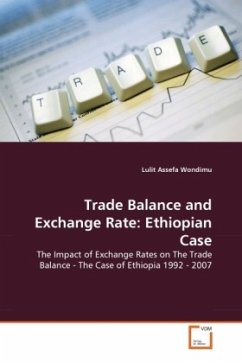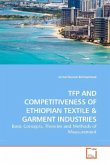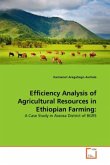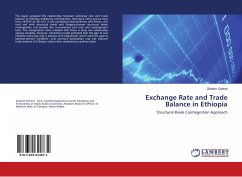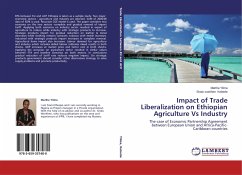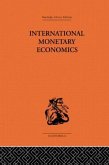A trade balance deficit that results in national current account deficit is a serious concern for many countries. One of the ways to improve the trade balance deficit as suggested by scholars is the devaluation or depreciation of a currency. Traditional approaches, going back to Marshall-Lerner Condition (MLC) and later extended to the school of the J curve impact hypothesis; suggest that real devaluation improves the trade balance. However, literature survey shows that the evidence from both developed and developing countries has been inconsistent. This paper examines the impact of exchange rate on the trade balance of Ethiopia using two approaches. First, depending on the traditional model and second, depending on a modified version by incorporating other sources of income such as ODA and remittances. The Ordinary Least Squares(OLS)econometric procedure is used for data analysis. The main conclusion of this study is that exchange rate devaluation does not have an impact in improving the Ethiopian trade balance. This is due to other means of income inflows, such as ODA and Remittances; counteract the intended positive effect of devaluation.
Bitte wählen Sie Ihr Anliegen aus.
Rechnungen
Retourenschein anfordern
Bestellstatus
Storno

